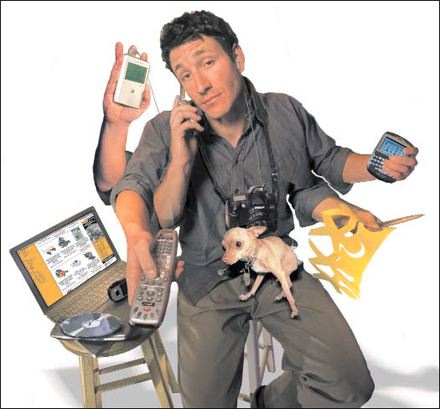Fundamental Attribution Error: Management/Coaches/Consultants Watch-out
Friday, January 21st, 2011The fundamental attribution error (AKA correspondence bias/attribution effect) describes the tendency to over-value dispositional or personality-based explanations for the observed behaviors of others while under-valuing situational explanations for those behaviors.
For example, if Alice saw Bob trip over a rock and fall, Alice might consider Bob to be clumsy or careless (dispositional). If Alice later tripped over the same rock herself, she would be more likely to blame the placement of the rock (situational).
(Shameless rip-off from Wikipedia)
The funny part is, this error only occurs when we observe other’s behavior. We rarely apply fundamental attribution error to ourselves.
All of us are victims to this behavior daily. As Management, Coaches or Consultants, we need to be extra careful. Its easy to judge a team/company based on our personal explanation for the observed behavior and ignore the situational explanation.
For example, if a team of developers don’t meet their estimates, we might conclude that the developers are inexperienced and have not spent enough time estimating. They need to spend more time estimating, to get better at it. But if we look at the situational explanations, the developers don’t really understand what needs to be built, the person requesting for the feature is not clear what they expect, there might be a huge variety of ways in which the problem could be solved and so on. If we switch roles and try to play the developer’s role, we might be able to understand the situational/contextual explanation for the observed behavior.
I also see many people attribute poor team/company performance to lack of “Agile process”. They bring in the trainers and the coaches, who train and coach the team with standard “Agile practices”. Months/Years later, the team (what ever is left) have got good with process, but the product does not pull its weight and eventually dies out.
Fundamental Attribution Error is another reason why we see such vast spread abuse of Metrics in every field.
So how do we deal with this?
And I hear the Lean Extremists scream, 5 Whys…5 Whys…
Based on my personal experience, 5 Whys can also suffers from the same problem of Fundamental Attribution Error.
Being aware of the fundamental attribution error and other concepts like actor–observer bias and other forms of bias can help.
And in some cases, trial and error (brute force) seems to be the only answer.




